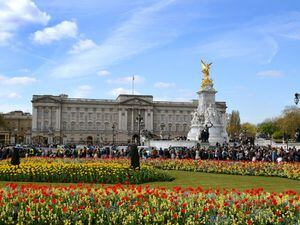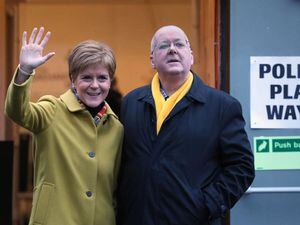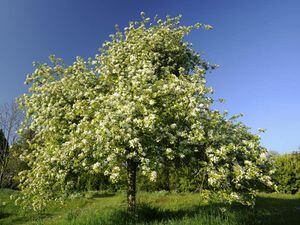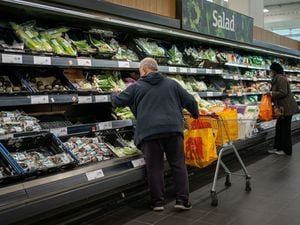Honoured consultant pays tribute to colleagues in the war against Covid-19
Respiratory consultant Wendy Anderson said while pressure fell on teams like hers, nurses bore the brunt of the pandemic in the wards.
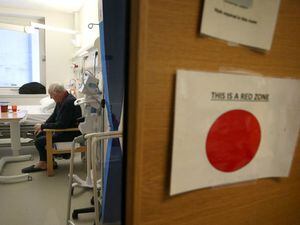
A respiratory consultant who is to be honoured by the Queen has paid tribute to the work of her colleagues in the war against Covid-19.
Wendy Anderson, who works in the Northern Health and Social Care Trust is to be made an MBE in the New Year’s Honours list for her work during the pandemic.
She said a lot of pressure fell on respiratory teams, particularly managing patients outside intensive care, but said nurses bore the brunt.
“I work with a fantastic team of respiratory colleagues, a team of seven in Antrim and nine if you include Causeway. When this was coming, we all worked on our protocols and stepped up our weekends and everybody had everybody’s back and in the end we are solider than we were at the beginning,” she told the PA news agency.
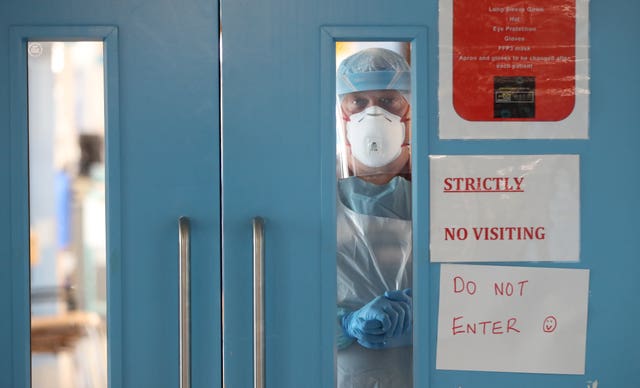
“They were in the bays with patients, some patients who might be dying without relatives, other patients who were trying to wear respiratory support which is uncomfortable and claustrophobic when they were breathless, and talking them into wearing that because it would help. Definitely the nurses took the worst of it.
“Coming in to work in high dependency areas with low dependency staffing, in normal times those areas might be staffed a nurse to two patients – it was much less than that during the pandemic, and they just kept coming in.
“It has been a challenging time but also a time when you do bond. It is like a war, you bond to people you constantly work with and that have your back and help you with the problems.
She said she was delighted with the honour, saying it is lovely to be recognised.
“I have realised that when the world is on fire many many people instinctively want to be firemen, from domestic staff who volunteer to clean the single rooms in the red zone during the first wave to my chief executive who worked night and day to make the winter surge manageable, medical colleagues on the front line of the Northern Trust and in general practice who worked harder and longer often disregarding personal risk, from regional respiratory teams who, when they were already under extreme pressure and there was concern that one hospital was buckling and might not have the resources to deal with the demand, they didn’t say: ‘It’s all too hard.’ They said: ‘What more do you need?’
“There was the regional modelling (staff) that also worked day and night to help anticipate what might happen next and people who worked to get us personal protective equipment and oxygen, so many, many people stood up and worked well beyond what was reasonable. And in some cases, think of those domestic staff on very little salary, volunteering to go into rooms when we had no vaccine with people who were very sick knowing they might also get very sick. Extraordinary human behaviour.
“It’s one thing rationally expecting that it could happen, it’s a completely different thing when it does happen. The emotional part of the it … for people in hospitals on the front line it was like fighting a war.
“Dealing with the frustrations of the pandemic as well, the unvaccinated people who come in and are surprised, they’re still surprised that they’re getting sick. Pregnant women who are still surprised at the end of their pregnancy that they’ve got Covid when they haven’t been vaccinated, and the frustration of dealing with that and the consequences for them.”
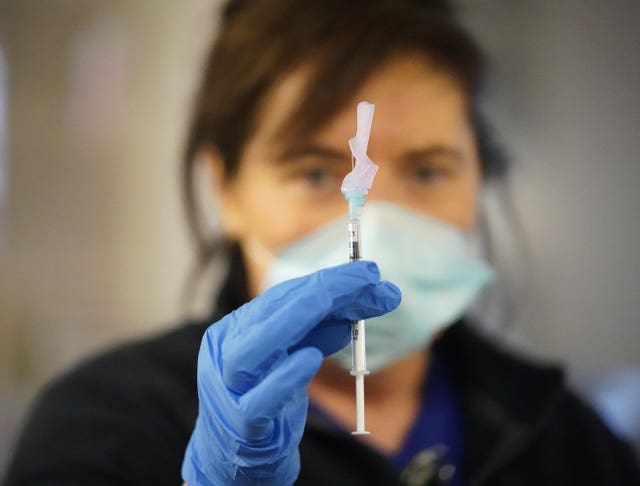
“I think it will be unfortunate if there is another variant that bypasses both natural immunity and vaccinated immunity and we’re on the front foot in terms of getting further vaccines out,” she said.
“I’m reasonably optimistic that there is an end in sight so we have got to get through this winter and the pressures of socialising indoors and winter festivals will be less and then we have got another summer coming on when the numbers will naturally be lower.
“You never know what moves are going to come. The virus, you would think it was strategising. It gave us a variant in the autumn just at the point when the numbers would be high enough to cause a problem at Christmas two years in a row.
“You never know what is going to happen next, but I am hopeful.”

